Mastering Your Skincare Routine: A Beginner’s Guide to Beauty and Personal Care Essentials
In recent years, the Beauty and Personal Care industry has experienced remarkable growth, with the global market projected to reach approximately $750 billion by 2024, according to a report by Statista. As consumers become increasingly aware of the importance of skincare, the demand for effective and diverse products has surged, making it vital for beginners to master their skincare routines.
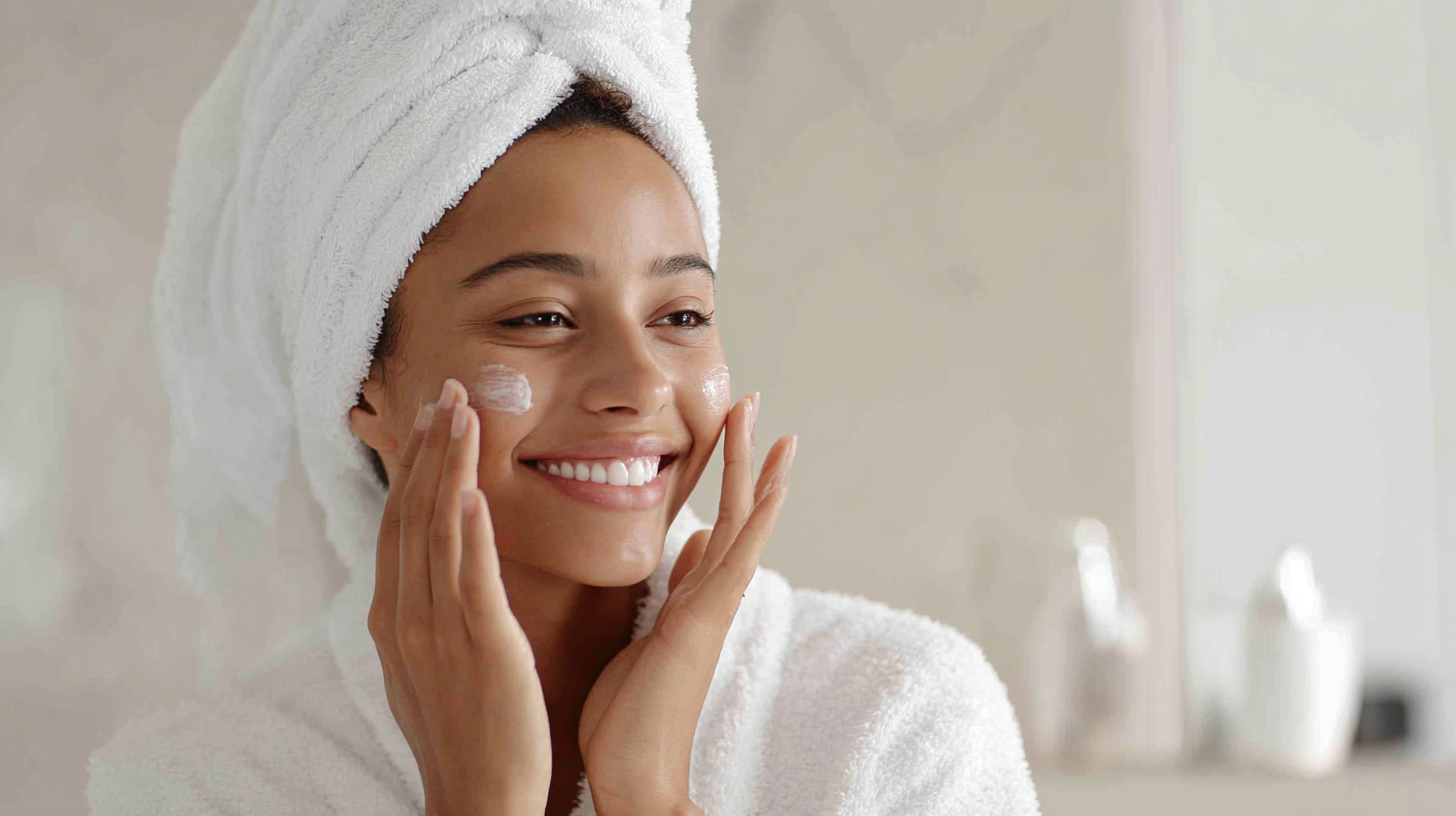
From understanding skin types to incorporating essential ingredients, navigating this vast landscape can be daunting. This guide aims to simplify the process by providing insights into key skincare essentials, alternative product types, and tips to empower individuals on their beauty journey. By adopting a thoughtful approach to personal care, beginners can enhance their skin health while boosting their confidence in the beauty realm.
Understanding Skincare Basics: Importance of Cleansing for a Healthy Complexion
Cleansing is the cornerstone of an effective skincare routine, playing a critical role in maintaining a healthy complexion. According to dermatological experts, cleansing your skin twice daily—once in the morning and once in the evening—significantly enhances skin health. This routine not only removes dirt, oil, and impurities accumulated throughout the day but also prepares the skin to better absorb treatment products, like serums and moisturizers, which follow. A recent survey indicated that a staggering 70% of respondents who practiced a consistent cleansing routine reported improved skin clarity and texture.
Moreover, the choice of cleanser is instrumental in this process. A gentle cleanser that maintains the skin's natural moisture barrier while effectively removing excess oil is ideal. For individuals with specific skin concerns, incorporating an exfoliating product a few times a week can further enhance results by promoting cellular turnover and revealing a fresh layer of skin underneath. Research shows that regular exfoliation can boost the effectiveness of subsequent skincare products by as much as 30%. Therefore, establishing a solid cleansing routine stands as a vital first step in any comprehensive skincare regimen, ensuring resilience and glow in the skin over time.
The Science of Moisturizing: How Hydration Impacts Skin Barrier Function
The importance of proper hydration in skincare cannot be overstated, especially when considering its critical role in maintaining the skin's barrier function. Research from the American Journal of Clinical Dermatology highlights that a healthy skin barrier is essential for preventing transepidermal water loss (TEWL), which can lead to dryness, irritation, and increased susceptibility to environmental aggressors. In fact, studies show that skin moisture levels can drop significantly in low humidity environments, emphasizing the necessity of incorporating effective moisturizers in daily routines.
Moisturizers work by trapping water within the skin, with ingredients such as hyaluronic acid and glycerin being particularly effective in enhancing hydration levels. According to a report by the Journal of Investigative Dermatology, hyaluronic acid can hold up to 1,000 times its weight in water, making it a powerhouse for skincare formulations. Furthermore, maintaining optimal hydration can significantly improve the skin’s elasticity and texture, which has been shown to decrease the appearance of fine lines and wrinkles by up to 39% after consistent use of quality moisturizers over a span of eight weeks. This underscores the necessity of understanding hydration’s pivotal role in skincare routines, particularly for beginners looking to achieve healthy, glowing skin.

Exploring Sunscreen: Essential Protection Against UV Damage and Premature Aging
Sunscreen plays a pivotal role in any skincare routine, offering essential protection against UV damage and the premature aging that follows. According to the Skin Cancer Foundation, one in five Americans will develop skin cancer by the age of 70, underscoring the importance of incorporating sunscreen into daily life. UV rays can cause significant harm, not only leading to skin cancer but also resulting in sunspots and fine lines. Research indicates that using sunscreen daily can reduce the risk of skin cancer by 40% and prevent photoaging.
To maximize the effectiveness of your sunscreen, consider these tips: First, choose a broad-spectrum sunscreen with at least SPF 30 to ensure protection against both UVA and UVB rays. Apply it generously—most adults need about one ounce (a shot glass full) to cover their entire body effectively. Don’t forget to reapply every two hours, especially after swimming or sweating.
Additionally, integrating sunscreen into your morning routine can be seamless. Look for moisturizers or makeup products that contain SPF for added convenience. Remember that UV rays can penetrate clouds and affect your skin even on overcast days, so make sunscreen a non-negotiable part of your personal care essentials. Making these practices habitual not only enhances your skin's health but also contributes to a radiant appearance over time.
Understanding Sunscreen Usage Among Different Age Groups
The Role of Exfoliation: Benefits of Removing Dead Skin Cells for Radiance
Exfoliation is a crucial step in any skincare routine, especially for beginners looking to enhance their skin's radiance. This process involves the removal of dead skin cells from the surface, which can help reveal fresher, healthier skin underneath. By incorporating exfoliation into your regimen, you not only improve skin texture but also promote better absorption of serums and moisturizers, ensuring that your skin reaps maximum benefits from these products.
The benefits of regular exfoliation extend beyond just a brighter complexion. It can also help unclog pores, reducing the likelihood of breakouts, and stimulate cell turnover, which is essential for maintaining youthful skin. There are various methods of exfoliation to choose from, including physical scrubs and chemical exfoliants like alpha and beta hydroxy acids. Understanding your skin type will guide you in selecting the right exfoliant to achieve the best results and maintain optimal skin health.
Targeted Treatments: The Impact of Serums and Active Ingredients on Specific Skin Concerns
When it comes to skincare, not all products are created equal. Targeted treatments, particularly serums, play a crucial role in addressing specific skin concerns. Unlike traditional moisturizers, serums are often packed with concentrated active ingredients that penetrate deeper into the skin, delivering powerful results. For instance, hyaluronic acid is a popular ingredient renowned for its ability to hydrate and plump the skin, making it ideal for those struggling with dryness or fine lines.
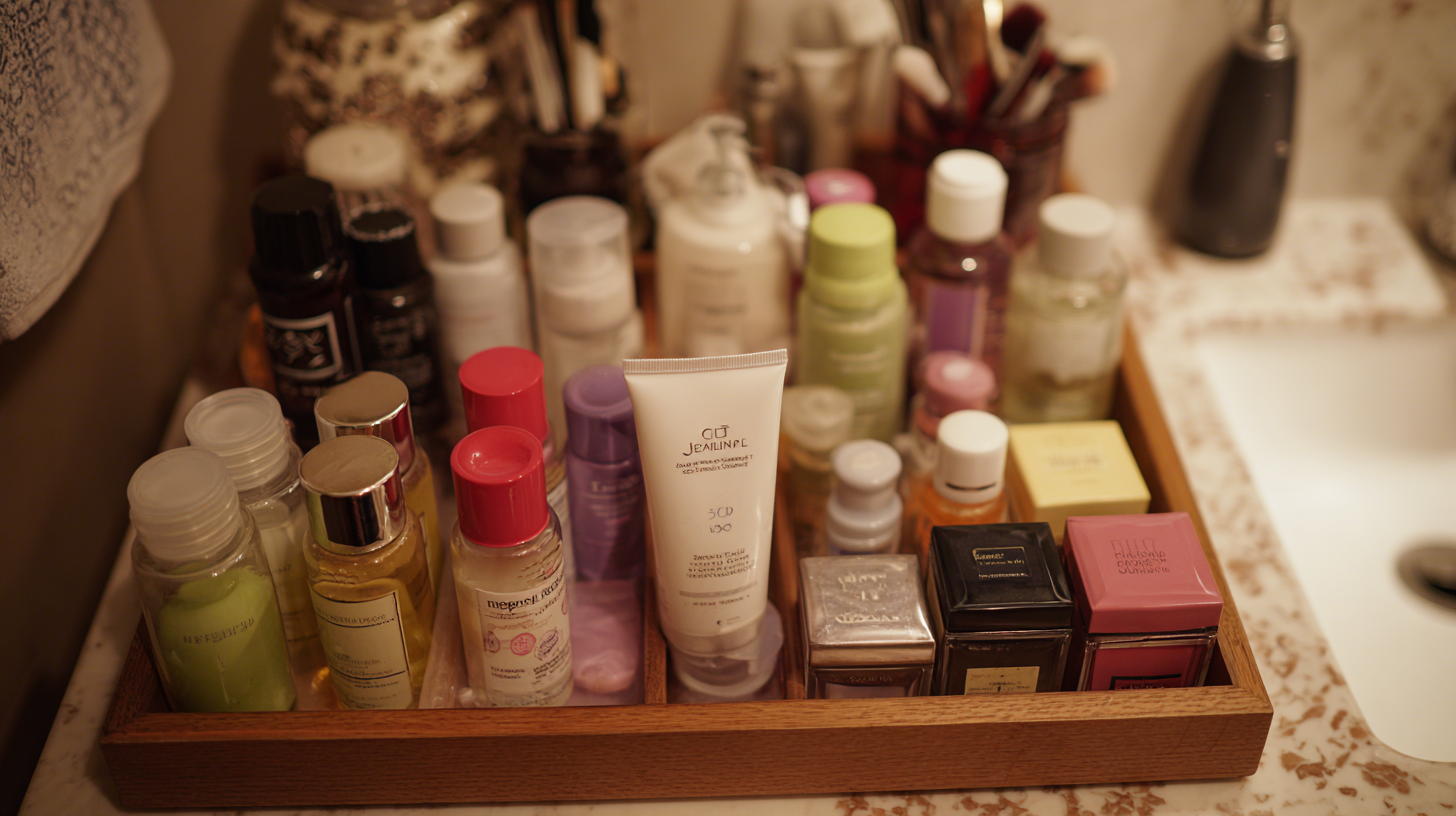
Another standout is vitamin C, celebrated for its brightening properties and ability to fight free radicals. Those dealing with uneven skin tone or hyperpigmentation can greatly benefit from incorporating a vitamin C serum into their routine. Similarly, retinol, a form of vitamin A, is a game-changer for stubborn acne or signs of aging, promoting cell turnover and unveiling a fresher complexion. By understanding your skin’s unique needs and selecting serums with the right active ingredients, you can approach your skincare routine with confidence and precision, ensuring you tackle your specific concerns effectively.
Related Posts
-
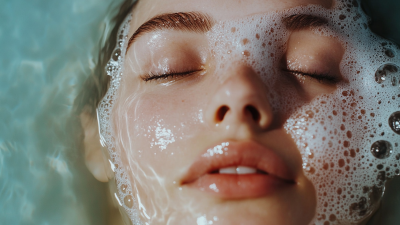
Unlocking the Secrets of Beauty: Top Care Products You Can't Miss
-
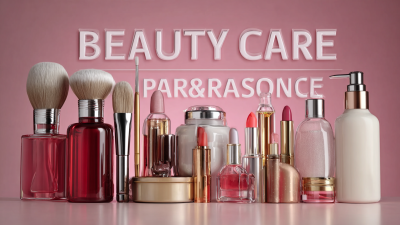
The Ultimate Guide to Selecting the Best Beauty and Personal Care Products for Your Routine
-
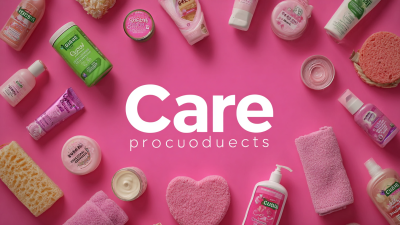
Exploring the Unique Features and Applications of Best Care Products for Global Buyers
-
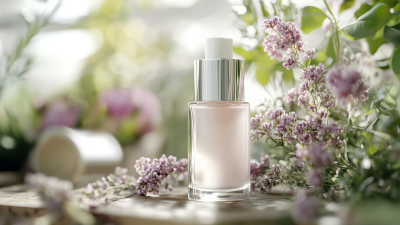
Unlocking Radiance: Essential Tips for Choosing the Perfect Skin Care Products for Women
-
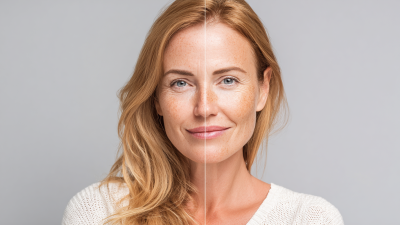
Benefits of Best Skin Clearing for Enhanced Global Sourcing Opportunities
-

Exploring the Key Features of Care and Beauty Products: A Comprehensive Guide to Ingredient Efficacy and Benefits
